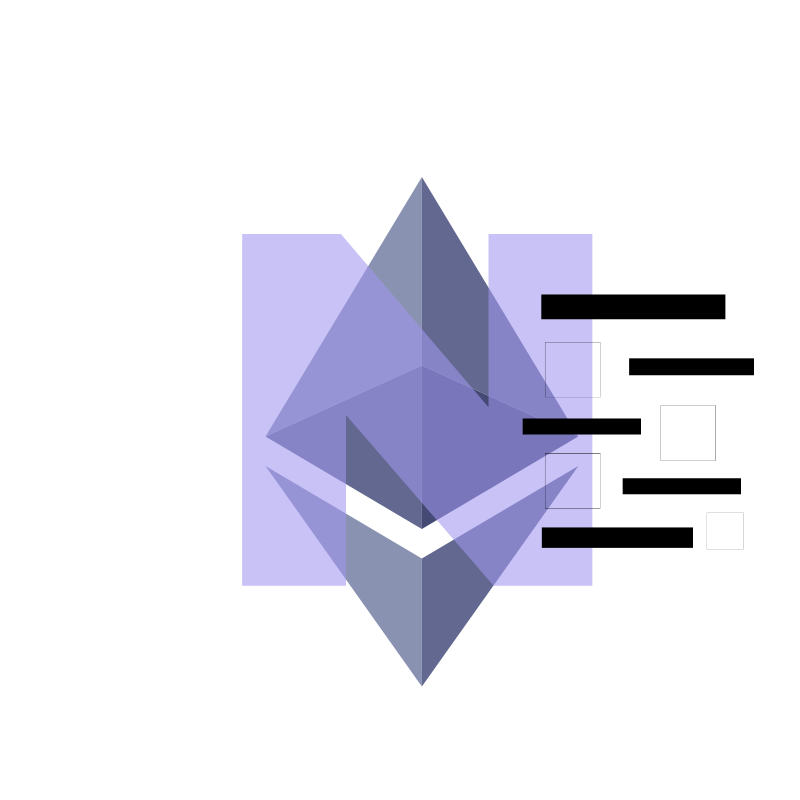

Dynamic Music NFTs Redefining Artist-Fan Interactions
Nov 26, 2024
3 min read
The music industry is undergoing a significant transformation with the emergence of Dynamic Music NFTs, which are reshaping how artists and fans interact. These innovative digital assets leverage blockchain technology to create a more engaging and personalized experience for music lovers, allowing for true ownership and direct monetization for artists.
Key Takeaways
Revolutionizing Engagement: Dynamic Music NFTs offer a new way for artists to connect with their fans, enhancing interaction and engagement.
Direct Monetization: Artists can earn more revenue by selling NFTs directly to fans, bypassing traditional streaming platforms.
True Ownership: Fans gain real ownership of music, fostering a deeper connection with the artists.
What Are Dynamic Music NFTs?
Dynamic Music NFTs are unique digital assets that combine music with the features of non-fungible tokens (NFTs). Unlike traditional NFTs, which represent static assets, these music NFTs evolve over time based on interactions and conditions set by the artist. This dynamic nature allows for a more interactive experience, where fans can influence the music they love.
For example, an artist might release a song as a Dynamic NFT that changes based on how often it is played or offers new remixes to fans who hold the NFT for a specific duration. This creates a participatory experience, transforming fans from passive listeners into active participants in the music creation process.
How Do Dynamic Music NFTs Work?
Dynamic Music NFTs operate on blockchain technology, ensuring transparency and security. Here’s how they typically function:
Blockchain Technology: These NFTs are hosted on blockchain networks, with ownership and metadata securely recorded on-chain, while the music file is often stored off-chain.
Smart Contracts: The dynamic features are governed by smart contracts, which dictate how the music evolves and what triggers changes. For instance, an artist could program a contract to release new versions of a song monthly for a year.
Interactive Fan Engagement: Fans can unlock exclusive content, participate in live streams, or even contribute ideas, enhancing their connection with the artist.
Benefits for Artists
Dynamic Music NFTs provide numerous advantages for musicians:
Direct Monetization: Artists can earn a larger share of revenue by selling NFTs directly, avoiding the cuts taken by streaming platforms.
Exclusive Content: Artists can offer unique experiences, such as limited-edition songs or personalized messages, fostering loyalty among fans.
Stronger Relationships: By allowing fans to interact with their music, artists can build a more dedicated audience.
Decentralized Control: Artists maintain ownership of their work, ensuring they receive royalties from secondary sales.
Benefits for Fans
Fans also enjoy unique benefits from Dynamic Music NFTs:
True Ownership: Fans gain verifiable ownership of music, enhancing their investment in the artist's work.
Personalized Experiences: Fans can unlock exclusive content and interact with the artist in new ways, creating a more tailored experience.
Community Access: Owning a Dynamic Music NFT often grants access to exclusive fan communities, enhancing the overall experience.
Challenges and Considerations
Despite their potential, Dynamic Music NFTs face challenges:
Technical Barriers: The complexity of blockchain technology may deter some fans and artists from engaging with NFTs.
Environmental Impact: Concerns about the energy consumption of blockchain networks remain a significant issue.
Legal Issues: Artists must navigate copyright and intellectual property rights when tokenizing their music.
Conclusion
Dynamic Music NFTs are poised to revolutionize the music industry by providing artists with new monetization avenues and fans with deeper engagement opportunities. As technology evolves, these NFTs will likely continue to reshape how we experience music, fostering a more connected and interactive music community. The future of music is not just about ownership; it’s about participation and collaboration, paving the way for a more decentralized music industry.
Sources
Dynamic Music NFTs: Emerging As A Unique Way To Redefine Artist-Fan Interactions In 2024-25, Blockchain Magazine.